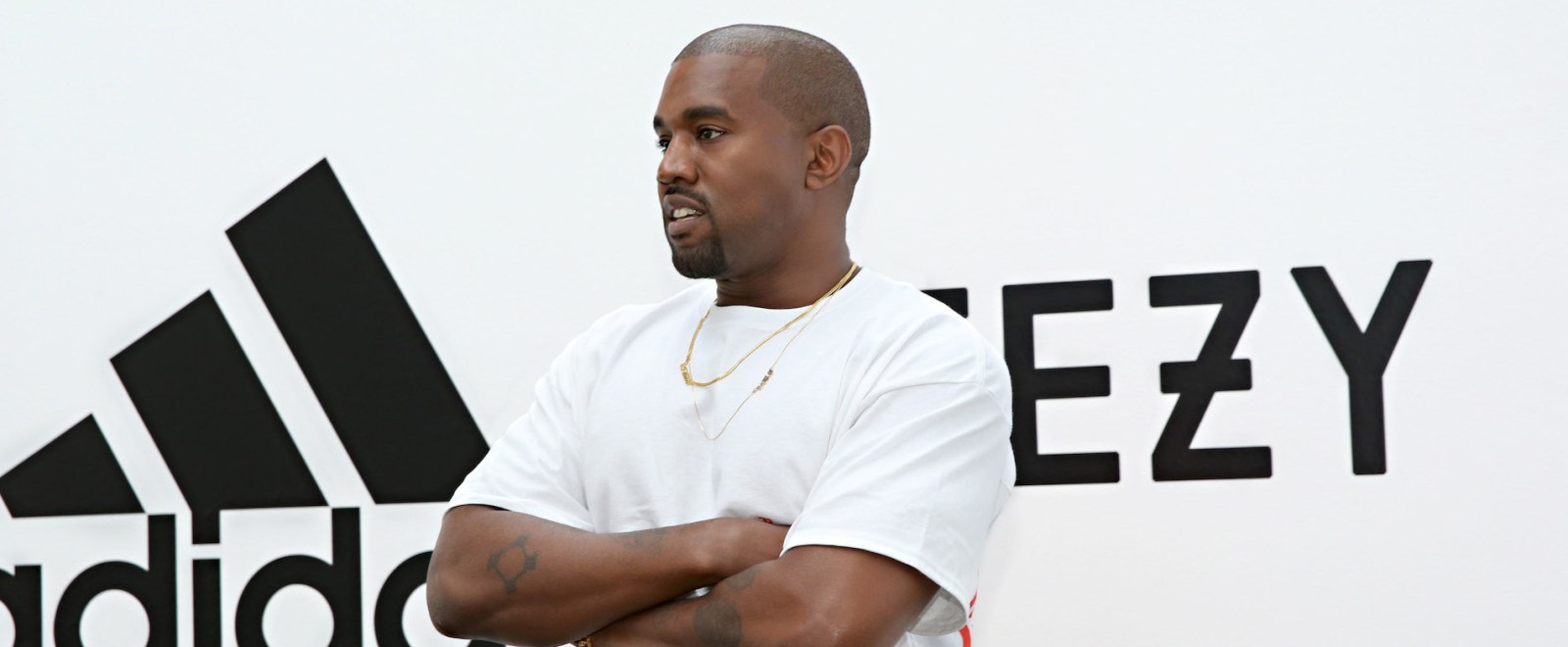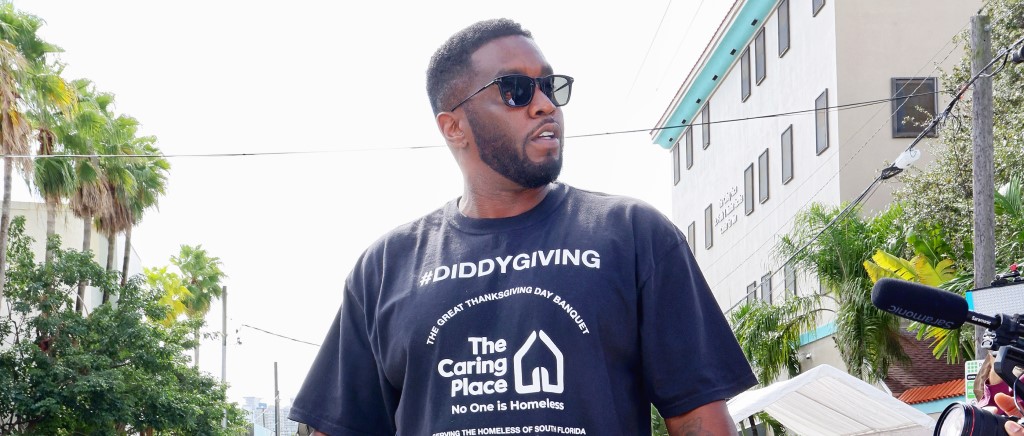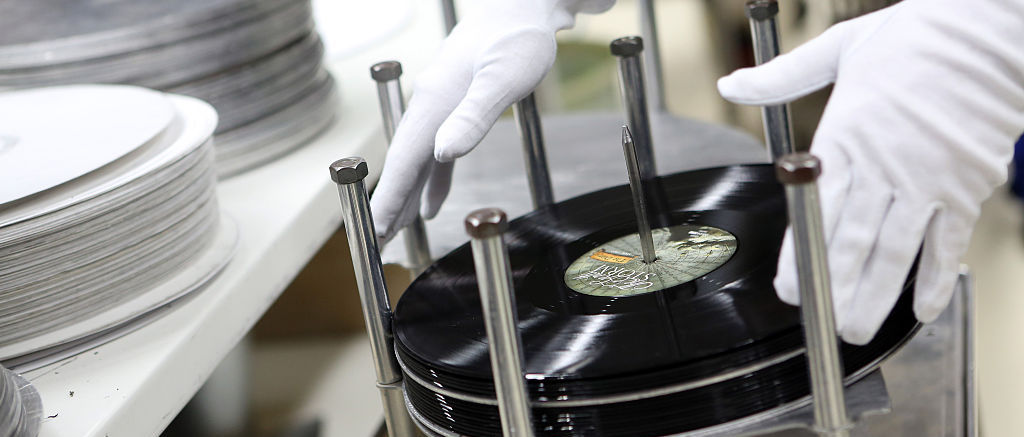In her nearly two decades of working in the entertainment industry, business manager Kristin Lee has seen it evolve in several ways. From stacks of vinyl to quick streams on singles, from iconic MTV moments to viral YouTube and TikTok clips, Lee has been there through it all.
As one of the industry’s top business managers, Lee has been noted as one to watch by The Hollywood Reporter and named one of Billboard‘s Top Business Managers of 2022. Lee has also witnessed the consequences of artists not planning well financially, but fortunately, she’s helped people get back on track. She has also shattered glass ceilings in the industry’s boys’ clubs, and prioritized creating opportunities in the business.
With her management firm, Kristin Lee Business Management, Lee is committed to helping entertainers make wise financial decisions and manifest fruitful endeavors. She and her women-dominated team also strive to make sure artists don’t get trapped in bad partnerships.
We caught up with Lee on a January morning, and she has a good feeling about the year ahead. Having experienced the industry across several eras, she answers all the questions you may have had regarding an artist’s complex finances.
What does the day-to-day for you at KLBM entail?
We handle anything relative to the day-to-day finances of our clients. So it could be touring artists, producers, songwriters, we do some film and TV as well. But largely, handling anything that might touch their business or personal life. So accounts payable and receivable, things with insurance, we also handle tax work. And on the personal side, there might be some leeway into some investments and working on strategies around that. If you can think of something that touches their money, we’ll probably have a handle on it.
You’ve been working in the industry for almost 20 years, and you’ve seen it through many changes, vinyl, CD, streaming, etc. With all these new avenues for artists, would you say it’s easier for an artist to slip up? (Perhaps putting money toward one avenue, when they should be putting money toward another?)
I think what artists need to do is work with their team – a business manager would be great in this situation – and look at the strength of various income streams that they have. So what are their fans leaning into? What are their fans consuming? Are they really heavy YouTube users? Or are they Spotify streamers? Or do they really enjoy vinyl and collecting tangible music products? It’s about figuring out what you’re really going to excel at, and giving your fans what they want the most.
Where do artists make most of their money these days?
I will say since the pandemic, I think a lot more artists have gravitated towards brand deals and partnerships, because it’s something that they can still be creative with and tap into, even though they weren’t able to get out on the road. But depending on the artist, if you’ve got somebody who’s racking out platinum records, then their record royalties in their publishing are going to be major income streams for them. Sync licensing has also been a big one. We’ve got artists that might not be the most famous artists in the land, but they do really well with sync licensing. They might have a bunch of stuff in TV and commercials and things, and there could be some really good paydays for those as well.
I think a good example of artists making money off of sync licensing came last summer, when Kate Bush’s “Running Up That Hill” made a resurgence after it was featured on Stranger Things.
Yeah, exactly. And it’s not only the fee you get for the sync license, but if it triggers something like what happened with Kate Bush and Stranger Things, I mean, she probably made more money in her publishing and record royalties on that track than she’s maybe ever made.
What are some expenses that artists have to account for that non-industry people don’t often consider?
I think insurance is always a big one. And all of our clients carry pretty comprehensive insurance. The bigger the artist, the bigger the tour, and the more things that you’ve got to cover. We can’t light pyrotechnics off a stage without that being heavily insured. No venue will let us do that unless we’ve got enough coverage to make sure everything would be well taken care of if something were to go wrong. Things happen on the road, and so we work really hard to make sure that the artist and the fans also are protected in the event of some kind of emergency. And also a lot of these businesses, artists, writers, they’ve got payroll, and they’re set up very similarly to any other business, it’s just that the service they provide is obviously different and more niche. There’s this unique perspective of having this little corporation that bops around state-to-state or over to different countries. And that creates tax effects in all those different territories that they traveled to as well. So that’s a big part of what we do. You don’t think about those little tiny details when you just see them from the outside.
What do you think is the biggest mistake artists make when they start blowing up?
Everybody says the artist gets their big advance, and they just start blowing money, left and right. It’s a lot easier to scale your lifestyle up than it is to scale down. So that’s an easy one. But I think one that’s more important to talk about is just the mentality of it, and not losing the humility and where you came from, and not getting caught up with the wrong ideas about what it all means. A lot of artists really start their careers to create and they have this vision, and they have a message that they want to share. And it’s easy to lose sight when you start to grow, and you get more and more people in your ear, and there are people dangling more money in your face for this and that. I think we need to really make sure that people aren’t losing sight of the why – why they started to begin with – and it makes sure that they’re staying on track with who they want to be and the message that they’re trying to send.
What is a 360 deal, and why should artists try to avoid them?
My biggest issue generally with a 360 deal is the label taking cuts of touring income. Touring is already really expensive for a lot of artists. If you go to a big show, you see the production, the lights, the video walls – those are really expensive to build. They’re really expensive to operate and they’re really expensive to carry around city-to-city every single day and it requires massive amounts of personnel and trucks, and all these things.
So with a 360 deal, when a label wants to take a cut of your touring – if you’ve got a label that’s coming in and taking another 10% off the top plus management taking their cut, business management taking their cut, the agents are taking their cut, artists are left with nothing, plus taxes, so that’s a big issue. But also [a 360 deal] prohibits you from having options. There are a lot of other companies that might have merch deals that are better suited for certain artists, depending on what they can offer for the cuts that they would take. But I think touring is really the kicker on that one. Whittling down what somebody can make on the road? It’s already tough enough as it is.
What advice do you give to artists when they sign their deals?
Always talk to everyone on your team and have everybody review agreements, have conversations about what certain things mean. I always look at things from a financial aspect when I’m reviewing these for my clients. What do the advances mean? What kind of budgets are you getting for each record? Are those recoupable? What does the label cover? And then, really making sure that when I have an idea of what I’m expecting, out of a contract from those standpoints, that the lawyer is able to manipulate my words properly, so that it reads in “legalese,” so that our clients are protected. It’s a collaboration of efforts to make sure that what you want and what you expect are actually what’s written down and what ends up getting signed.
I saw a video Cardi B posted recently. She had tweeted talking about the price of lettuce and how it’s increased, and people commented saying ‘Aren’t you worth $40 million?’ She responded saying, ‘When you become successful, when you have money, you’re going to go broke, because you’re not budgeting.’ Have you seen this happen to artists before?
I’ve seen it happen. I sometimes end up getting clients that didn’t budget well, and I end up having to come in and help them fix their financial lives and get them back on track. But it happens all the time. It happens a lot with really young artists trying to keep up with the Joneses. There’s also not a lot of education and financial literacy, and when you’re young, you feel invincible, like you’ll keep making this money forever and ever, and that’s just not the case. As an artist, you have no idea what your career trajectory might be. Inflation is something that people are probably not budgeting for. You’re seeing the prices of things go up, but are you really factoring that into your day-to-day budget and your cash flow management?
On that same note, what is the difference between an artist’s net worth and the amount of money an artist has at any given time?
They play together at any given time, but your net worth is going to be all of the assets that you have, against the liabilities that you have. You can have a bunch of cash in the bank, but you can also be in debt under mortgages and car loans and everything, so your net worth can be nothing. It’s more common than you think, where people are over-leveraged, and so their net worth is kind of squandered. You might have a $5 million house, and a bunch of cars, but if you owe a bunch of money on them at the same time, and you’re paying those monthly, then there’s a balance. Obviously, credit’s required – a lot of people can’t just go pay cash for a car or a house – so you do need to use those things wisely. Just because you can afford a million-dollar house doesn’t necessarily mean that’s the one you should get.
What are some things that an artist must invest in?
I believe that artists must invest in themselves, and the people around them. I do believe you get what you pay for, and not in the sense that you should be egregious and overspend and validate some kind of ridiculous expenditures to make yourself look bigger or flashier, but more in the sense of making sure that you’re taking good care of yourself, and that you’re doing things that better you as an artist for your career. I feel very strongly that when it comes to your manager, your agent, your business manager, your lawyer, or your publicity teams, you really do get what you pay for. And when you’ve got a team that feels taken care of, they’re also going to give that right back and invest deeply in you.
What is the most important thing you’ve learned during your years in the business?
Be nice. Don’t be a d*ck. I know for a fact that a lot of the people that I work with feel the same way. We really gravitate toward people who operate in a kind and respectful space. Artists as well. Tensions definitely run high in this business sometimes, and I can recognize the difference between someone having a hard time as opposed to someone just being a jerk.




